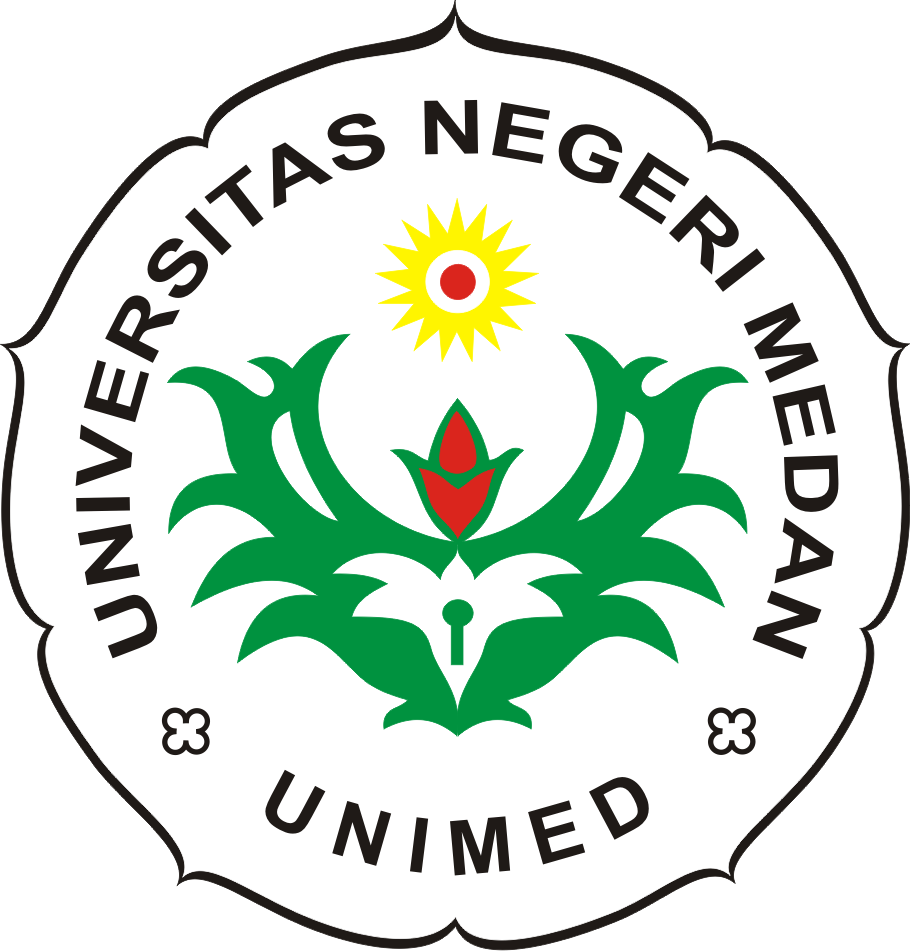TEACHING LISTENING COMPREHENSION OF DESCRIPTIVE TEXT BASED ON 2013 CURRICULUM AT 10TH GRADE OF SENIOR HIGH SCHOOL
DOI:
https://doi.org/10.24114/reg.v7i2.9204Abstract
This study was aimed at describing how the teachers taught listening comprehension of descriptive text based on 2013 Curriculum and describing the reasons of why the teachers did the ways. This study was conducted by using descriptive qualitative research design. The data sources of the research were the English teachers of SMA Immanuel Medan. The data were the processes of teaching listening comprehension of descriptive text and the reasons of why the teachers did the ways of teaching. The techniques of collecting data were observation and interview. The data were analyzed by using interactive model which were data condensation, data display, and conclusion drawing. The results showed that the teachers used scientific approach steps in learning activities based on 2013 Curriculum in the teaching listening comprehension of descriptive text and the underlying reasons of the teachersŸ ways in teaching listening comrehension were the teachers believed that the students the students could comprehend and understandthe text by comparing the kind of texts, knowing the definition and text strucutre of texts, translating the difficult words and repeating the the recording of material. The knowledge of mastery the concept of teaching listening comprehension and skill of realization of the concept into real teaching behaviors will help the studentsŸ skill of listening comprehension be better.Downloads
Published
Issue
Section
License
Authors who publish with this journal agree with the following terms:
- Authors retain copyright and grant the journal right of first publication with the work simultaneously licensed under a Creative Commons Attribution License that allows others to share the work with an acknowledgment of the work's authorship and initial publication in this journal.
- Authors are able to enter into separate, additional contractual arrangements for the non-exclusive distribution of the journal's published version of the work (e.g., post it to an institutional repository or publish it in a book), with an acknowledgement of its initial publication in this journal.
- Authors are permitted and encouraged to post their work online (e.g., in institutional repositories or on their website) prior to and during the submission process, as it can lead to productive exchanges, as well as earlier and greater citation of published work (See The Effect of Open Access).
- This work is licensed under a Creative Commons Attribution-ShareAlike 4.0 International License.






